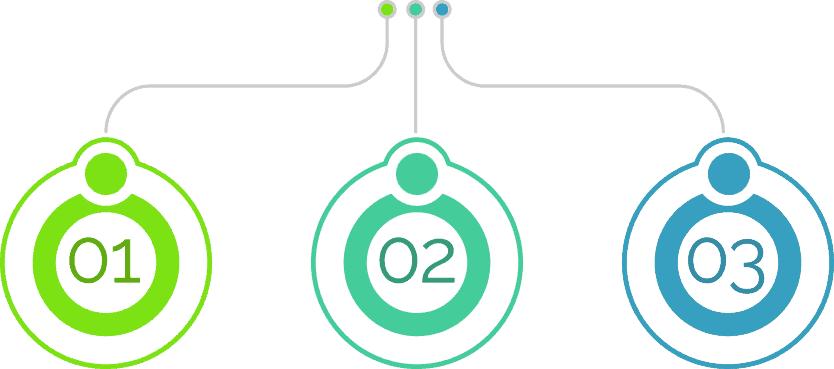A co-operative is often about people coming together to meet a common need – what need can you serve in your home community that will benefit your people and future generations? Consider starting a co-op!
By establishing a co-operative, you can work with others to produce goods and services within your community, for your community.
What is a co–op?
A co-op is a business or non-profit owned by a community of members working together to meet a common need. When someone becomes a member of a co-op, they are an owner of the business.
Looking to help your community achieve self-reliance? Consider building an on-Nation co-op to create jobs and provide much-needed products or services. We can help!
Three Key Features:
All members have the same amount of decision–making power – each member gets one vote.
Members receive profits back from the co–op based on how much they used the business.
co–ops are led by a board of directors made up and elected by their members.
How to become a member of a co–op

Submit an application to join the co-op.
The application is reviewed and approved by the co-op’s board of directors.
The new member buys a share in the co-op.
Types of co–ops
Every co-op is member-owned, but who the members are depends on the type of co-op established. When deciding what type of co-op to create, ask yourself “who should make the decisions about this business?” Your answer will help you decide which type of co-op is right for your organization.
There are three main types of co-ops:
| Consumer co–ops | Worker co–ops | Producer co–ops | |
|---|---|---|---|
| Membership | Owned by those who buy the co-op’s products or services. | Owned by the employees of the co-op. | Owned by those who make or grow the things the co-op markets and sells. |
| Key Features | Can be for profit or non-profit. | Employees themselves create the co-op, either by starting their own business, or buying an existing business from owners who are retiring. | Usually created by people from the same industry who share similar challenges and expenses. |
| In most for-profit consumer co-ops, customers don’t have to be members but only members can share in the profits. | Employee owners perform tasks like sales, profit distribution, supervision of non-member staff, marketing, etc. They also make strategic decisions for the co-op. | Production work done independently. | |
| In non-profit consumer co-ops (like daycares), you generally have to be a member to use its services. | Members save money by purchasing supplies as a group, sharing administrative costs, and collectively marketing their products. | ||
| Examples | Credit unions, retail businesses (gas stations, grocery stores, etc.), telecommunications companies, childcare, housing, infrastructure services. | Consulting agencies, breweries, small retail, manufacturing, media companies. | Accountants, artists, farmers, fishers. |